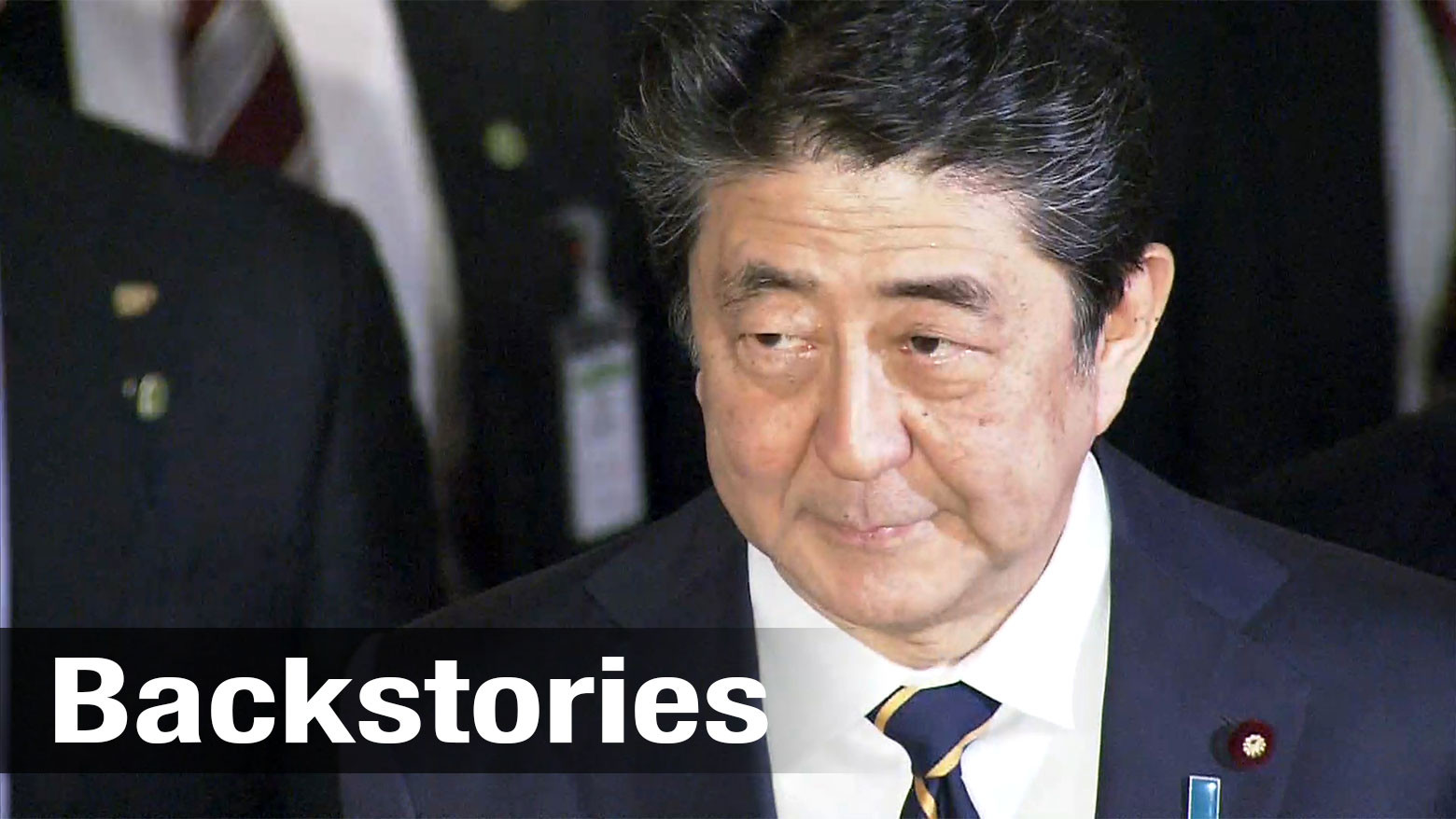Prime Minister Shinzo Abe decided at a Cabinet meeting in late January to put off until August the retirement of Hiromu Kurokawa as the head of the Tokyo High Public Prosecutors Office.
He was to have retired in early February, when he turned 63, as required by law.
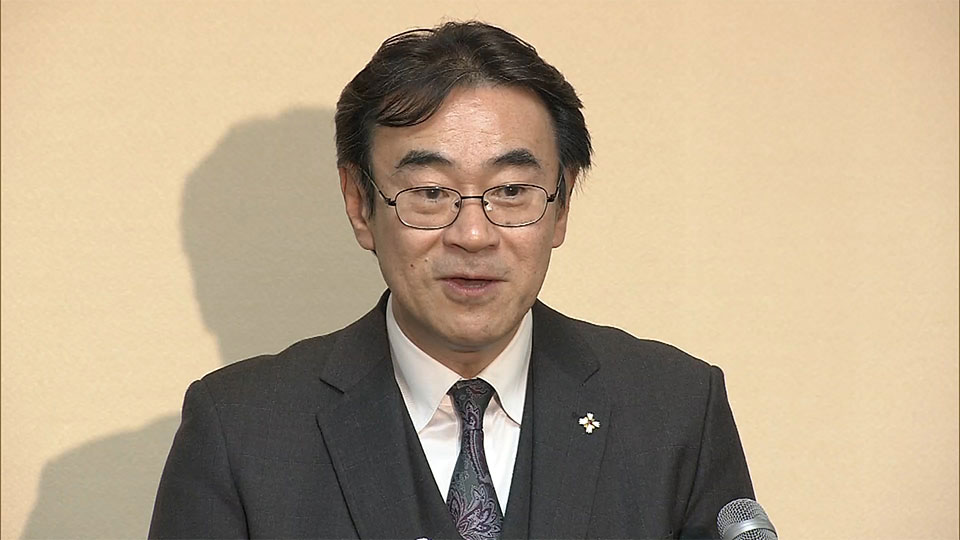
The government's explanation
In explaining the six-month extension, the government cited a provision in the National Public Service Act that allows retirement dates to be pushed back.
But opposition parties pointed out that the National Personnel Authority(NPA) said in 1981 that the provision did not apply to prosecutors. The head of the remuneration bureau of the NPA said on February 12 that she understands that this is stil the case.
Pressed to account for the inconsistency, Abe told the Diet that prosecutors are national public servants and that his administration now believes the provision regarding the extension of the retirement age does apply to them.
After that, the head of the remuneration bureau of the NPA revised her position in consultation with the Justice Ministry. She now says the retirement date can be pushed back.
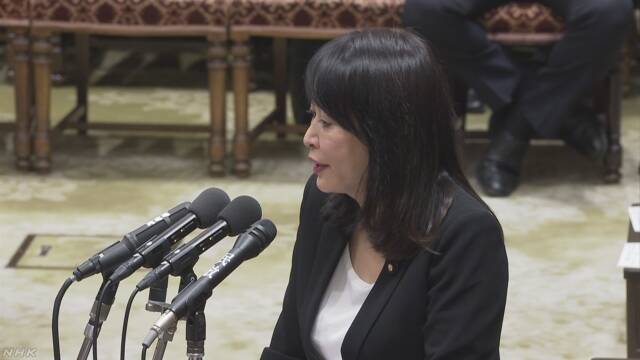
Justice Minister Masako Mori backed up Abe's remarks. She said her ministry had changed its legal interpretation a week before the Cabinet decided to extend Kurokawa's tenure.
Criticism from opposition and academics
Some observers say the Abe administration decided to delay Kurokawa's retirement so he can be named the next prosecutor-general -- the nation's top prosecutor.
A group of constitutional and political scholars held a press conference on February 21. They said if the serving administration can freely change the way laws are interpreted, the concept of the rule of law will be shaken to its foundations.
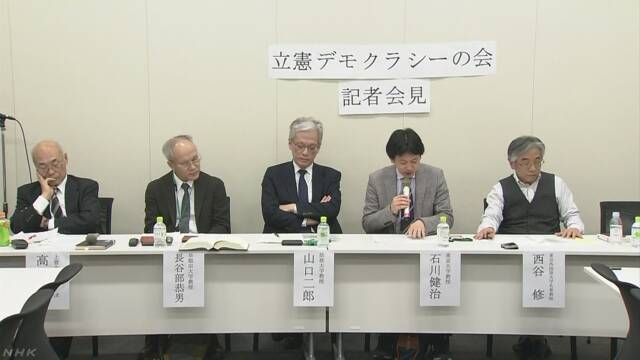
They said personnel rules for prosecutors -- who at times investigate crimes committed by those in power -- should not be decided single-handedly by the Cabinet without debate and decision-making in the Diet.
Strong criticism and questions have been raised from several opposition lawmakers.
Yukio Edano, President of Constitutional Democratic Party -- the largest opposition group -- didn't hold back.
"It is a clear act of evading the law, and the prime minister's office should not be allowed to arbitrarily move the prosecutors' office," he said. "It is an act of destruction as a law-abiding country."
He pointed out at the budget committee of the Lower House on Wednesday that if Kurokawa becomes prosecutor-general, it would run counter to the rules of the National Personnel Authority.
Yuichiro Tamaki, President of Democratic Party For the People -- the second-largest opposition group -- said on the same day that prosecutors have the authority to arrest even the prime minister. Therefore, he said, they should not approve the extension of the retirement age based on arbitrary decisions by the Cabinet and the prime minister. He then called for the reversal of the decision.
Abe said that the decision was based on the need for the Public Prosecutors Office to carry out its duties, and there is no problem. He again stressed the legitimacy of the decision.
No-confidence motion
Four opposition parties submitted a no-confidence motion against the Justice Minister to the Lower House on Thursday. It said that extending the retirement age of the prosecutor would be a reckless act that tramples on the independence of the prosecution and the separation of the three powers. The ruling parties rejected it by a majority vote on the same day.
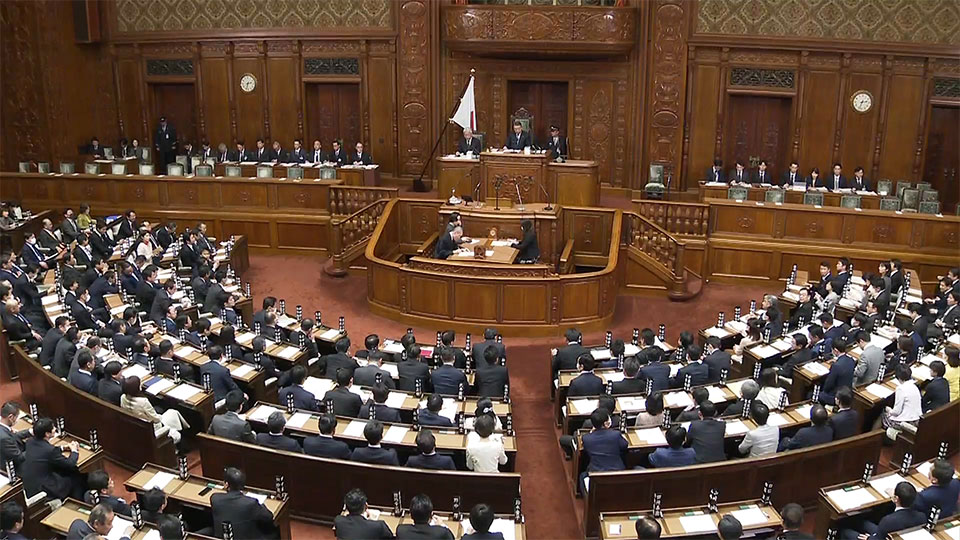
The draft budget for fiscal 2020 passed the Lower House on Friday, so the budget committee of the Upper House will start next week. Discussions will continue.
